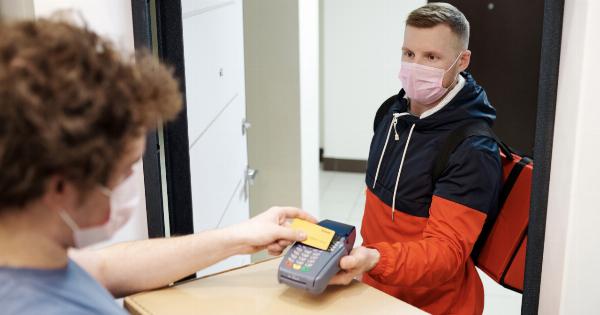As the summer months approach, it’s important for everyone, especially elderly individuals, to be aware of the dangers that extreme heat can pose.
Heatwaves can significantly impact the health of older adults, as their bodies may not be able to regulate temperature as efficiently as younger individuals. In order to stay safe and healthy during a heatwave, there are several key considerations that elderly people should be aware of.
1. Stay Hydrated
One of the most crucial aspects of heatwave preparedness is to stay hydrated. Older adults are more susceptible to dehydration, which can lead to serious health complications.
Make sure to drink plenty of fluids throughout the day, even if you don’t feel thirsty. Water is the best option, but juices, herbal tea, and electrolyte-rich beverages can also help.
2. Dress Appropriately
Choose lightweight, loose-fitting clothing made from natural fibers like cotton or linen. These fabrics allow for better air circulation and help wick away sweat. Avoid dark-colored clothing as it can absorb heat and make you feel hotter.
3. Create a Cool Environment
Set your air conditioning to a comfortable temperature and ensure it is in proper working order. If you don’t have access to air conditioning, use fans or keep windows open to promote air circulation.
Close curtains or blinds during the day to block out direct sunlight and keep the indoor temperature cooler.
4. Stay Indoors
During the hottest parts of the day, it’s important to limit outdoor activities. Stay indoors where it is cooler, especially between 10 a.m. and 4 p.m. If you must go outside, try to find shaded areas and avoid strenuous activities.
Rest frequently and listen to your body.
5. Check on Loved Ones
Reach out to elderly family members, friends, or neighbors to make sure they are handling the heatwave well. Social isolation can be a significant risk factor during extreme heat events.
Offer assistance with shopping, medication pickup, or transportation to cooler environments if needed.
6. Be Aware of Medication Interactions
Some medications can increase sensitivity to the heat or impair the body’s ability to regulate temperature. Consult with your healthcare provider to understand if any of your medications might pose a risk during a heatwave.
If necessary, take precautions such as staying hydrated or adjusting medication schedules.
7. Eat Cooling Foods
Incorporate foods with high water content into your diet to stay hydrated. Fruits like watermelon, cucumbers, and citrus fruits can provide a refreshing boost.
Additionally, cold soups and salads can be a great way to stay cool while also ensuring nutritional intake.
8. Recognize Heat-Related Illnesses
It’s important to be able to recognize the signs of heat-related illnesses to take prompt action. Heat exhaustion symptoms include heavy sweating, fatigue, headache, dizziness, and nausea.
Heatstroke is more severe and can manifest as a high body temperature, confusion, agitation, seizures, or loss of consciousness. If you or someone you know experiences these symptoms, seek immediate medical attention.
9. Plan for Power Outages
In the event of a heatwave-related power outage, have a plan in place to stay cool. Identify local cooling centers or public places, such as shopping malls or libraries, where you can seek refuge.
Keep a stock of battery-operated fans and have a cooler filled with ice packs to keep perishable medications or food items cool.
10. Stay Informed
Stay updated on weather forecasts and heatwave warnings in your area. Local news channels and websites often issue heat advisories and provide information on cooling centers or resources available during extreme heat events.
Stay informed to take appropriate precautions and minimize heat-related risks.






























